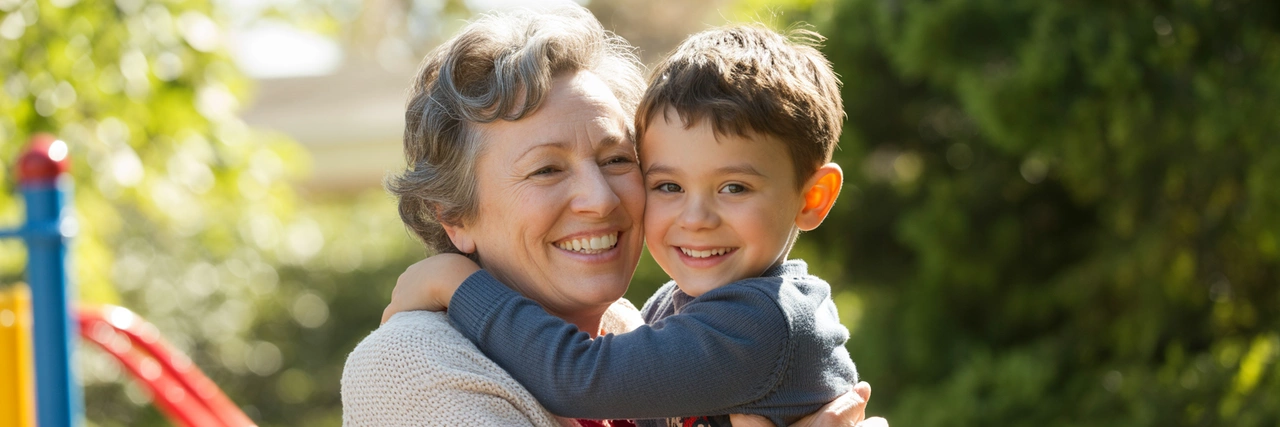Teaching Methods Posts on Crowch
The second Monday of October in the United States is traditionally recognized as Columbus Day, commemorating the arrival of Christopher Columbus to the Americas in 1492. For much of the 20th century, it was celebrated as a proud moment in history, representing exploration, discovery, and the start of what was seen as a new chapter in human progress. However, over time, awareness has grown that this “discovery” also marked the beginning of centuries of colonization, displacement, and oppression for Indigenous peoples who had lived on these lands for millennia.
A Shift in Perspective
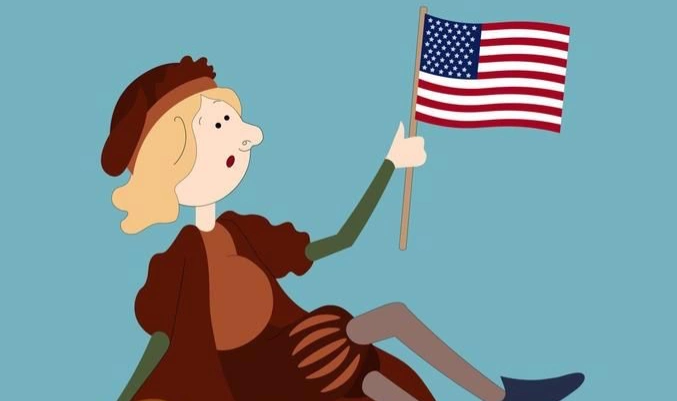
As more voices from Native American and Indigenous communities have been heard, the narrative surrounding this day has evolved. Many states, cities, and organizations have replaced Columbus Day with Indigenous Peoples’ Day, reframing the occasion as one that centers Indigenous histories, cultures, and resilience. This shift acknowledges the darker chapters of history — including violence, forced assimilation, and cultural erasure — and recognizes the ongoing contributions of Native peoples today.
Why Indigenous Peoples’ Day Matters
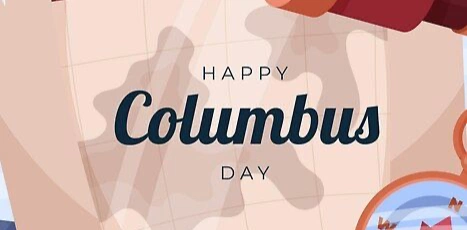
The day serves as both a remembrance and a celebration. It honors the strength of Indigenous communities who, despite centuries of systemic oppression, have preserved their traditions, languages, and ways of life. It’s an opportunity to educate others about the diversity of Native cultures and to challenge stereotypes, replacing outdated myths with a deeper understanding of history.
For Indigenous youth, seeing their heritage recognized on a national level affirms their identity and pride. For non-Indigenous people, it’s a chance to listen, learn, and reflect on what shared history truly means.
How People Observe the Day
Across the country, observances take many forms:
- Cultural Events: Powwows, traditional dances, music, and storytelling.
- Educational Programs: Workshops and lectures on Indigenous history, sovereignty, and contemporary issues.
- Advocacy: Campaigns supporting Native rights, land protection, and the preservation of sacred sites.
- Community Gatherings: Ceremonies to honor ancestors and strengthen community ties.
The Conversation Around Columbus Day
Some communities continue to observe Columbus Day, often emphasizing Italian-American heritage and the spirit of exploration. For others, the day has become an occasion to confront difficult truths about colonization and to shift toward a more inclusive and accurate portrayal of history.
The Core Message
Whether it’s called Columbus Day or Indigenous Peoples’ Day, the second Monday of October has become a powerful reminder of the importance of historical truth, cultural respect, and reconciliation. It’s about honoring the resilience of Indigenous peoples, acknowledging past injustices, and building a future grounded in mutual understanding and equity.
By engaging in open conversations, participating in educational events, and showing respect for Indigenous voices, we can ensure that this day fosters awareness, empathy, and a shared commitment to justice.
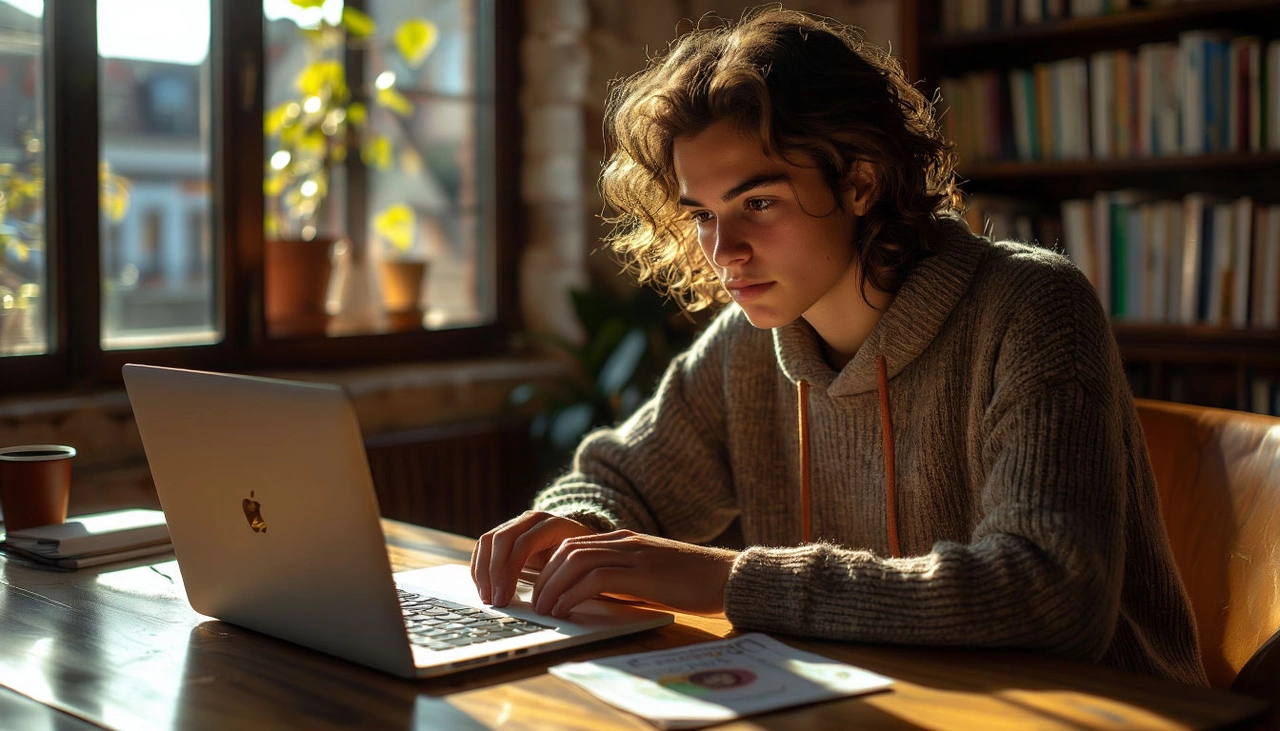
If you're preparing to study in Germany, one of the most important requirements is proving that you can financially support yourself. For most students, this means opening a blocked account (Sperrkonto) — a special type of German bank account where your funds are locked and released in monthly portions. Without this document, your student visa application won’t move forward.
This article explains what a blocked account is, how much money you need, who provides this service, and how to open one step by step.
🔒 What Is a Blocked Account and Why Is It Required?
A blocked account is a mandatory part of the student visa process in Germany. It shows German authorities that you have enough funds to support yourself while living and studying in the country.
The current required minimum is €11,208, based on a monthly allowance of €934. This amount covers your basic living expenses for 12 months — rent, food, transportation, and other essentials.

While this may seem like a large sum, it gives German immigration officials confidence that you won’t become financially dependent during your studies. Once the account is open, you’ll receive a confirmation that can be submitted with your visa application.
🧾 Are There Alternatives to a Blocked Account?
Yes, but they’re not common. You may provide:
- A bank account in Germany holding the required funds (under your name or your parent’s)
- A formal obligation letter from a German resident (rare and complex)
Still, the blocked account is by far the most accepted and straightforward method, especially for international students applying from abroad.
🏦 Trusted Providers of Blocked Account Services
Several licensed companies specialize in setting up blocked accounts for students and offer additional services like health insurance, which is also required for your visa.
Here are the main options in 2025:
✅ Fintiba
- Setup fee: €89
- Monthly fee: €4.90
- Includes free travel health insurance valid from your arrival until you activate your full student insurance
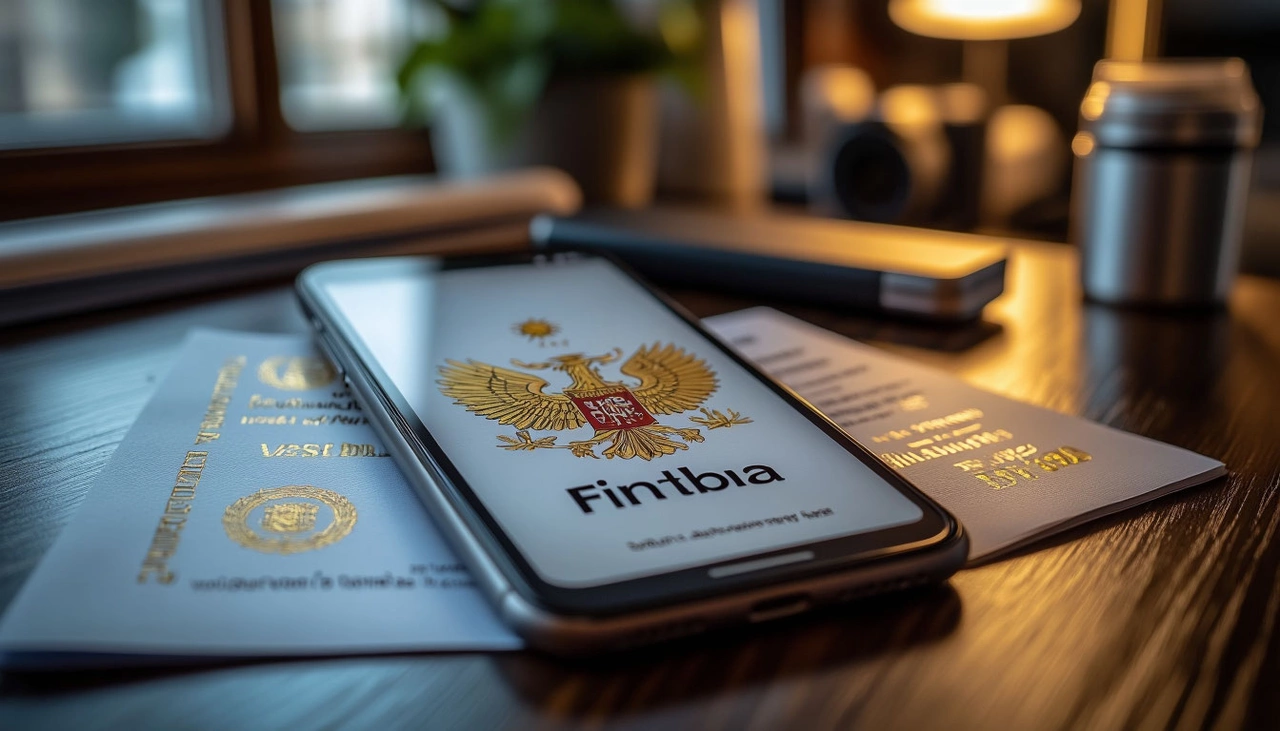
✅ Coracle
- Setup fee: €99
- No monthly fees
- Also offers free temporary health insurance for new arrivals
✅ Expatrio
- Setup fee: €49
- Monthly fee: €5
- Provides bundled services including health insurance, liability insurance, and more
These providers are officially recognized by German authorities, and the entire process — from application to receiving your confirmation — can be completed online.
📦 What’s Included with These Services?
Each of the providers offers:
- A legally approved blocked account with access to funds capped monthly
- A confirmation letter (Sperrkonto Bestätigung) needed for your visa
- Free temporary health insurance from the moment you arrive until you enroll in public student health coverage
In some cases, these platforms also assist with residence registration, student liability insurance, and German mobile plans.
Schools focus so much on tests and grades — but what about heart?
When I was a kid, school was about reading, writing, and math. But also about how you treated others. Now, I worry we’re teaching children to memorize facts but forgetting to teach them to care. My grandson comes home knowing about fractions but sometimes struggles with sharing or saying sorry. Isn’t kindness the real foundation for any learning?
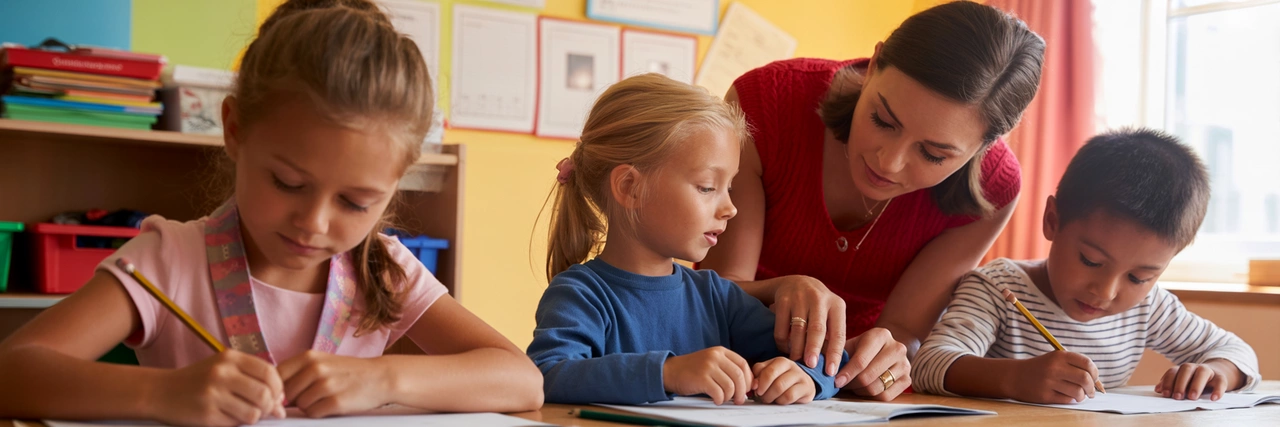
Empathy is a skill — and it needs practice
Being kind doesn’t just happen. It’s a muscle you build, like learning to read. Kids need to be shown how to listen, to understand feelings, and to help others. Without that, we risk raising clever but cold adults. I remember when my teacher explained why bullying hurts — it stuck with me forever. Today’s schools should make those lessons just as important as science fairs.
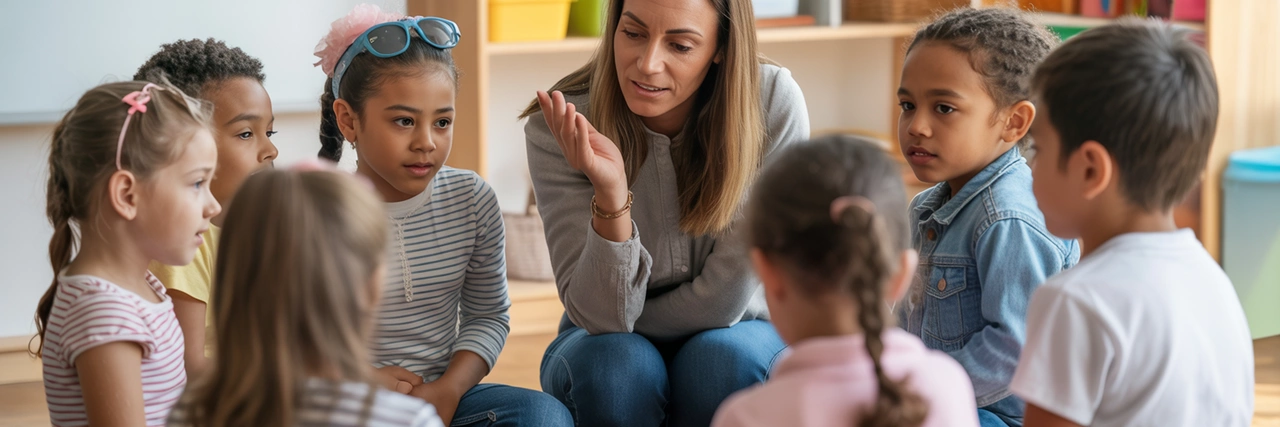
The world needs more kindness than ever
With so much noise online and in the news, children grow up faster and with more pressure than we did. Teaching kindness is not “soft” — it’s necessary. It’s what will help them navigate hard times, connect with others, and build a better future. I want my grandson to be smart, yes — but more importantly, to be a good human being.
